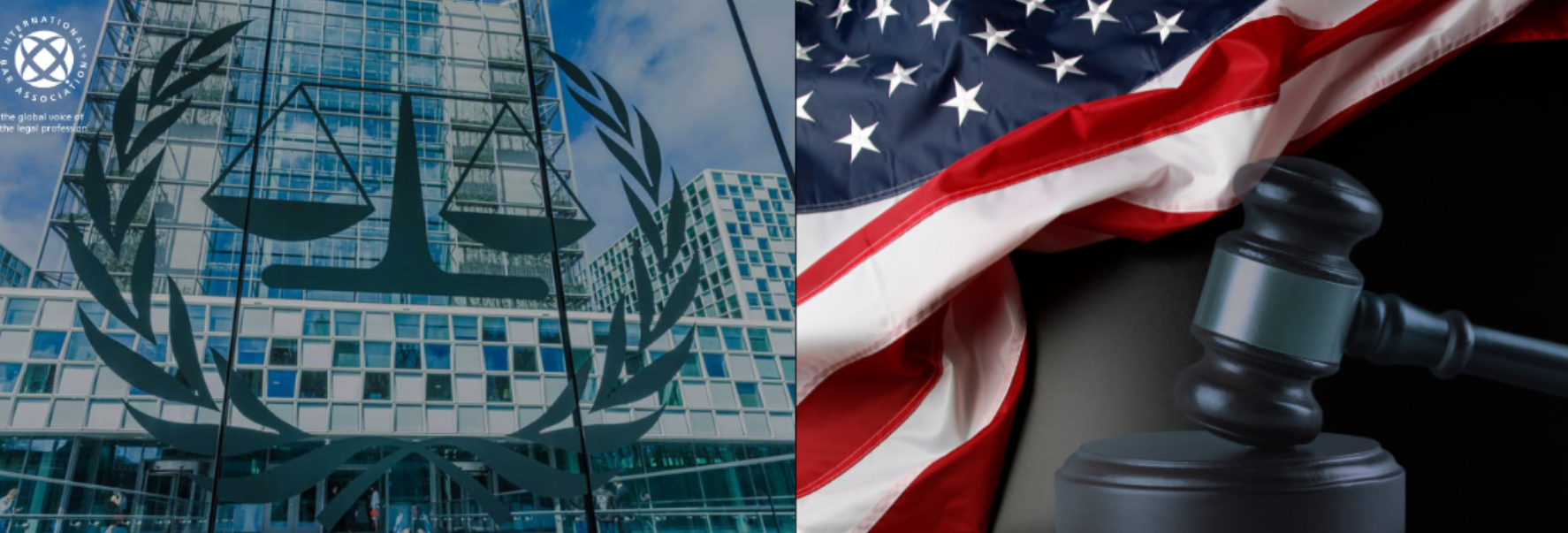| On 6 February 2025, United States President Donald Trump issued an Executive Order authorising sanctions against the ICC and its officials, including property blocking and visa bans for the persons designated by the Executive Order and their immediate family members.
The Court is actively investigating in 12 situations, including in ongoing conflicts in the situations in Afghanistan, Darfur/Sudan, the Democratic Republic of Congo and Ukraine, and proceedings against suspects from the Central African Republic, Darfur/Sudan, Mali and Uganda are ongoing in the ICC’s courtrooms. The implementation of the sanctions could severely impact the ICC’s operations, undermining its justice mandate across all situations where it is investigating and prosecuting.
Sanctions were previously imposed by the Trump administration in 2020 and later revoked by the Biden administration in 2021, which stated that sanctions were ‘not an effective or appropriate strategy for addressing the United States’ concerns with the ICC.’ |

